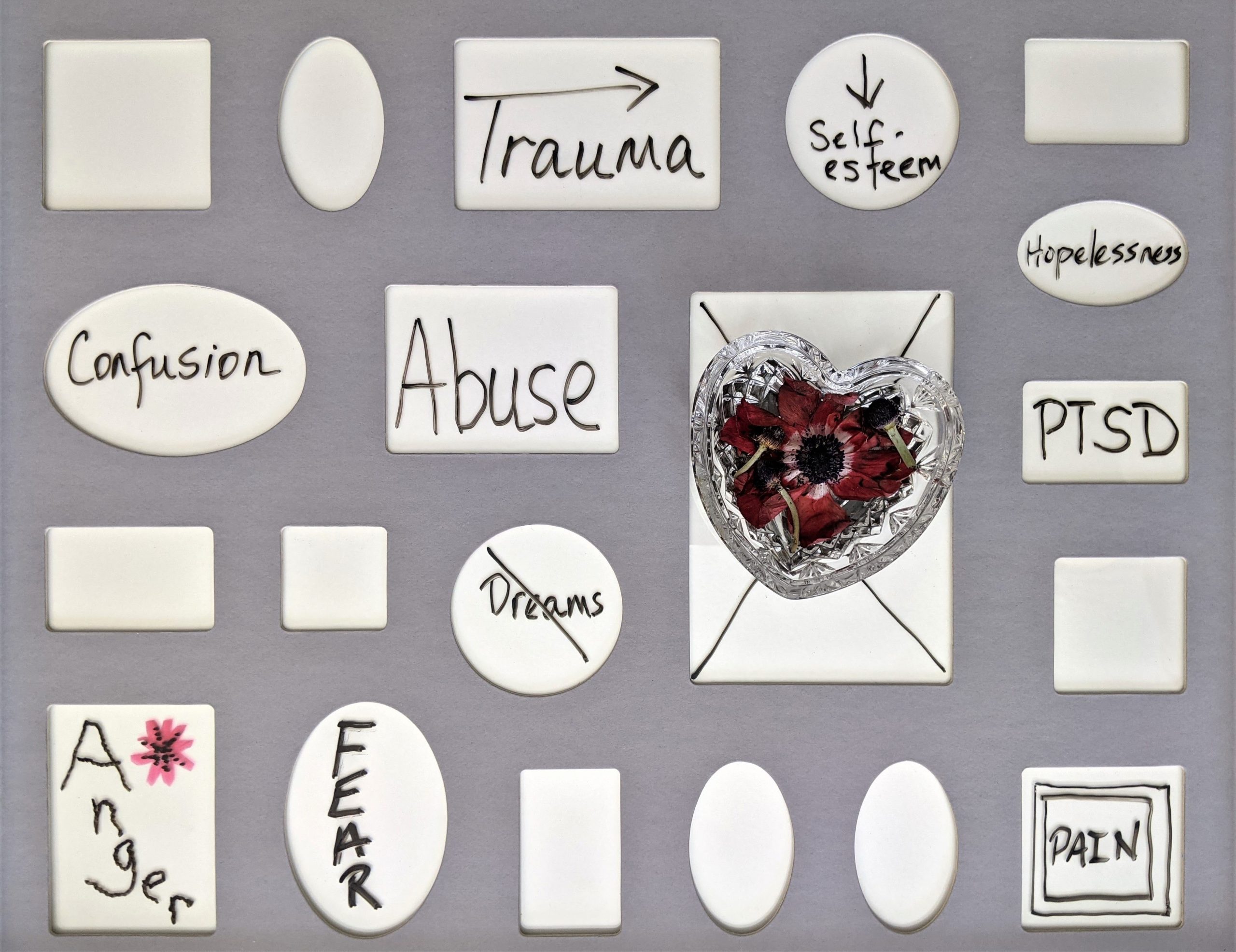If your’e like most people, you likely believe trauma is a large, often life-altering event………….not necessarily.
Often when we talk about trauma, we’re referring to experiences that are deeply distressing or disturbing. These can include things like physical or emotional abuse, witnessing a violent event, or even experiencing a natural disaster or car accident.
On the other hand, there is what we might call small traumas; these are events that exceed our capacity to cope and cause a disruption in our emotional functioning. Often these traumas are overlooked or minimised by the person experiencing them, who may rationalise the experience as common and therefore, think they are just overreacting. Unfortunately, this is a form of avoidance, which is an unhealthy way to cope.
Some people may not even recognise how distressed they are by the event or situation, causing them to overlook symptoms of trauma that might be connected to it. While one small trauma is unlikely to cause significant trauma symptoms, the accumulation of such traumas over time can compound and cause great distress.
Trauma impacts everyone differently, and its effects are largely dependent on predisposing factors. These include past experiences, beliefs, perceptions, expectations, levels of distress tolerance, values and morals and the ability to process the experience without avoidance. Not everyone who goes through something traumatic will experience trauma symptoms, and among those who do experience them, the symptoms vary.
Repeated or prolonged exposure to traumatic events, often during childhood, can have long-lasting emotional and physical effects. This can make it difficult for people to form healthy relationships, feel good about themselves, and function well in their daily lives.
When it comes to treating trauma, therapy is often the go-to solution. There are a few different types of therapy that can be effective such as-
- cognitive behavioural therapy (CBT),
- exposure therapy,
- eye movement desensitisation and reprocessing (EMDR)
These therapies help people process their traumatic experiences in a safe and supportive environment, and develop coping strategies to manage their symptoms.
Our Psychologist Laurena Moore is highly skilled in EMDR and is seeing some amazing results with clients, results simply not seen with other modalities.
However, therapy isn’t the only way to heal from trauma. There are also a lot of self-care strategies that can be helpful, such as getting regular exercise, practicing mindfulness, spending time in nature, and connecting with supportive friends and family members.
It’s important to remember that healing from trauma is a process, and it can look different for everyone. There’s no one-size-fits-all approach to overcoming trauma, so it’s important to find what works best for you. If you’ve experienced trauma and are struggling with its effects, it’s important to reach out for support and work with a mental health professional who can guide you on your path to healing.

